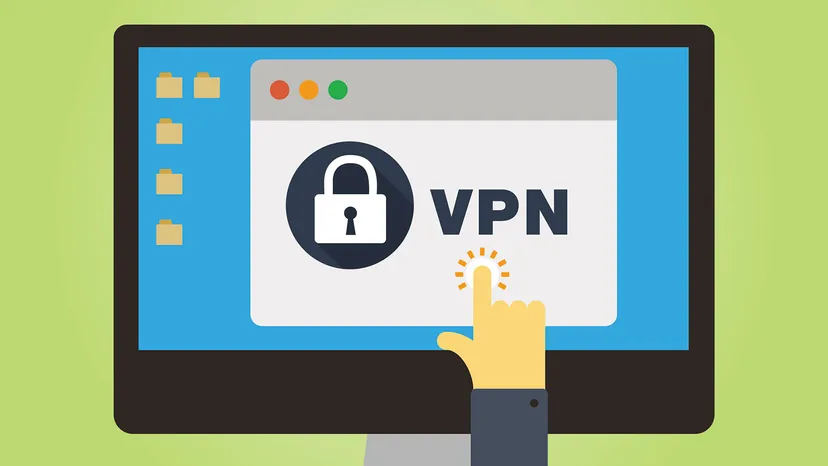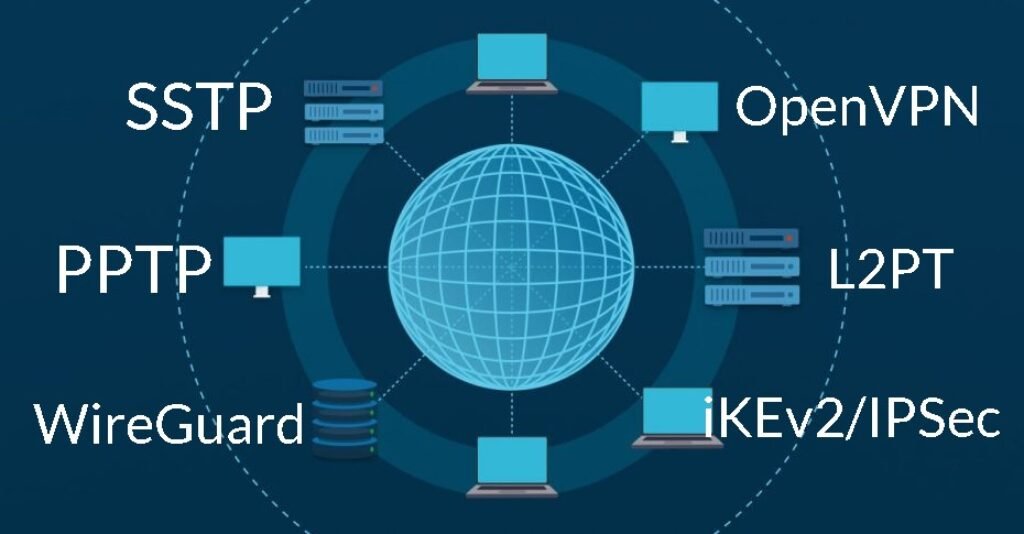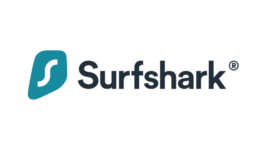
Introduction
Did you know? 68% of over 1.5 billion VPN users had their data stolen last year due to choosing unreliable services. A good VPN acts like a lock for your internet—masking your location, protecting passwords on public Wi-Fi, and enabling access to global content. It must also ensure smooth internet speeds. But not all VPNs are trustworthy. Follow these 5 checks to avoid risks and Choose the Right VPN.
Encryption Protocols: Your Data’s Lock

A VPN’s “core” lies in its encryption protocol. Top options include:
- WireGuard: The fastest protocol in 2025 (40% lower latency), ideal for 4K streaming and gaming.
- OpenVPN: Open-source and battle-tested for 20+ years, but 15% slower in download speeds.
- IKEv2/IPSec: Best for mobile devices (auto-reconnects when switching networks).
Simple Tips:
- Avoid outdated protocols like PPTP and L2TP (proven vulnerable).
- Ensure AES-256 encryption is enabled by default (bank-grade security).

Strict No-Logs Policy: Your Privacy Guarantee
What “No-Logs” Really Means
No tracking of IP addresses, browsing history, or timestamps.
How to Verify
- Check if the VPN company operates from privacy-friendly jurisdictions like Panama or the British Virgin Islands.
- Check third-party audit reports (e.g., Deloitte for NordVPN, KPMG for ExpressVPN).
- Avoid free VPNs – 72% showed ads based on user data (CSIRO 2022 study).
- Avoid Vague privacy policies (e.g., “we collect minimal data”).

Servers: More = Better Speed
A robust server network requires:
- Quantity: More servers (e.g., Surfshark’s 3,200+) to prevent congestion.
- Location: More countries (e.g., ExpressVPN 100+ countries) = access more content.
- Specialized Servers:
- Obfuscated Servers: Bypass VPN bans in China/UAE.
- P2P-Optimized: For safe torrenting (e.g., ProtonVPN’s Torrent servers).
- Virtual Server Check: Use IP detection tools to confirm the physical location of the server, avoiding false labeling.
| Region | ExpressVPN | Surfshark |
|---|---|---|
| The Americas | 24 (United States, Dominican Republic, Mexico, Brazil, Honduras, etc.) | 18 (United States, Canada, Mexico, Brazil, Argentina, etc.) |
| Europe | 47 (United Kingdom, Spain, Sweden, Switzerland, Netherlands, etc.) | 46 (United Kingdom, Spain, France, Germany, Italy, etc.) |
| Asia Pacific | 26 (Japan, Australia, Singapore, Hong Kong, Thailand, etc.) | 27 (Australia, India, South Korea, New Zealand, Philippines, etc.) |
| Middle East & Africa | 8 (Egypt, Ghana, Israel, Kenya, etc.) | 9 (South Africa, Egypt, Israel, United Arab Emirates, Nigeria, etc.) |
Kill Switch: Never Expose Your IP
What Can Go Wrong:
- IP/DNS leaks expose your real location.
- Sudden VPN disconnections = unprotected browsing.
Why It’s Essential
- 23% of Android VPNs leaked user IPs (CSIRO 2021).
Must-Have Features
- Kill Switch (auto-blocks internet if VPN drops).
- DNS/IPv6 Leak Protection (prevents accidental exposure).
How to Test Kill Switch
- Open ipleak.net or DNS Leak Test
- Record Initial Status: After connecting to your VPN, take a screenshot of the displayed IP/DNS details.
- Trigger the Test:
- Manually disconnect the VPN
- Observe whether the browser shows your real IP/DNS information
- Analyze Results:
- Ideal Scenario: The webpage fails to load (Kill Switch has cut off internet access).
- Failure Scenario: Your real IP is visible (Kill Switch did not activate).

Cross-Platform Compatibility
The Multi-Device Era: With the average home having 6+ connected devices, your VPN should:
- Cover All Bases: Native apps for Windows, macOS, iOS, Android.
- Protect Smart Homes: Router integration for IoT devices (e.g., Ring cameras).
- Browser Extras: Chrome/Firefox add-ons for quick activation on risky sites.

Final Recommendations & Next Steps
2025 Recommendations:
- All-Rounder: ExpressVPN
- 94-country coverage + military-grade encryption + 30-day refund.
- Budget Hero: Surfshark
- Unlimited devices + CleanWeb ad-blocker + <$4/month.
Action Step: Test your current VPN at ipleak.net or grab limited-time deals (e.g., NordVPN at $3.69/month for 2 years).




